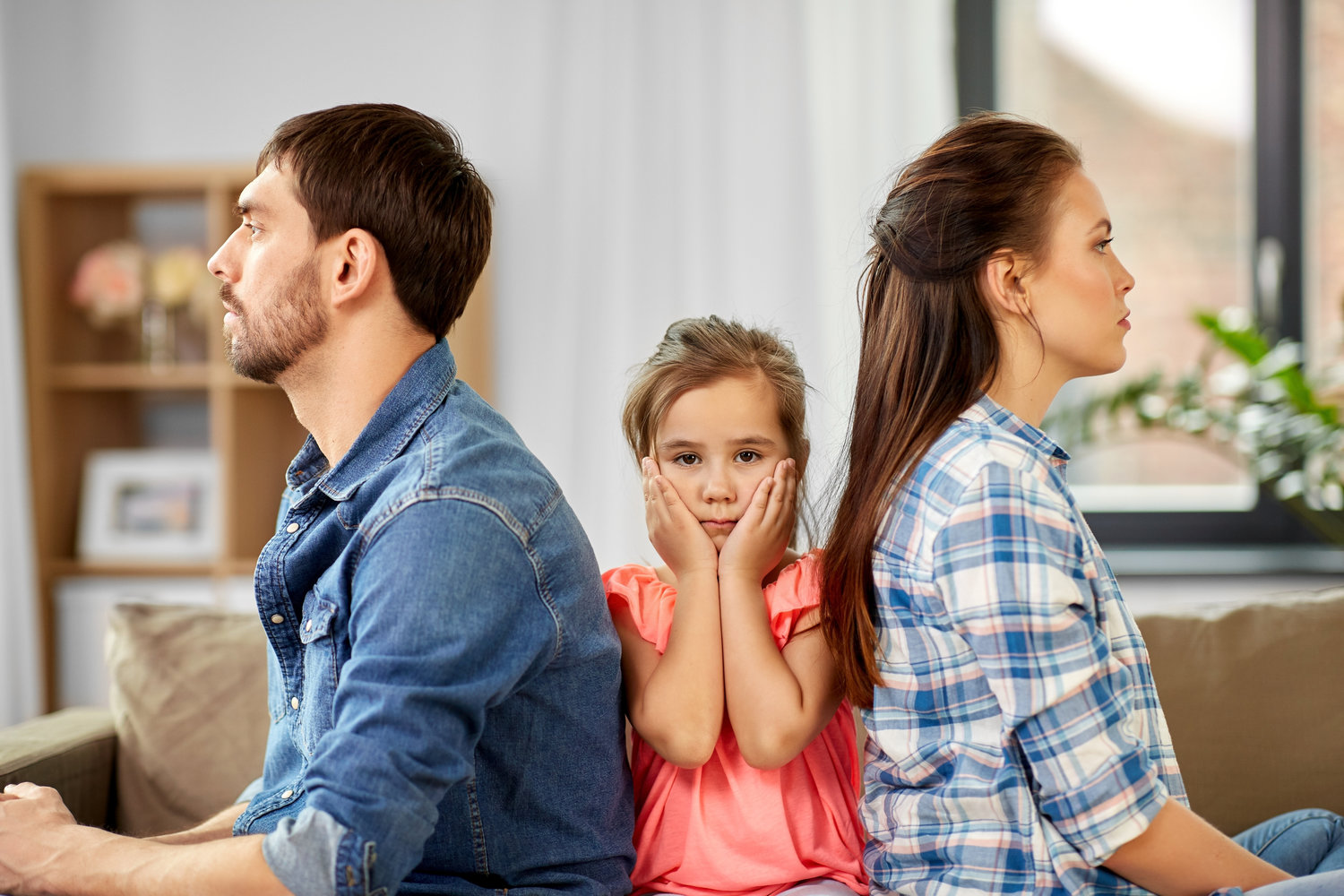Getting divorced is one of the most stressful events that a person can experience. When you throw kids into a divorce as well, it can be downright grueling. From fighting over custody to deciding on child support, it can take years of battling in court to reach a final decision. Kids may have a hard time processing it all, and can often feel stuck in the middle.
The best thing you can do during a divorce with kids is to remember that your little ones are standing by watching. It’s critical that you make an effort to help your child navigate through the process as best as you can. Don’t get caught up in your own emotions too much that you forget how it may be affecting your children. Here are some of the most important things to keep in mind when divorcing with kids.
Reassure Your Child
One of the most common negative potential side effects of divorce for children is feeling like the divorce is somehow their fault. For this reason, it’s incredibly important that you reassure them. Let them know that they have nothing to do with the divorce.
If they have any doubts or insecurities, let them know that it’s under no circumstances a result of their behavior or actions. Let them know that regardless of how you and your ex-spouse may feel about each other, remind your child that your love for your child hasn’t changed whatsoever.
Don’t Try To Hide The Truth
Rather than trying to sugarcoat the situation and hiding the truth from them, you should keep things as realistic as possible. Tell them in an age-appropriate way that you are no longer together and won’t be living together anymore.
Child psychologists agree that one of the best ways to help your child adjust is by being as literal and truthful as possible. Don’t waste any time trying to dance around the truth, or it can work against you.
Encourage Communication
It’s critical that you encourage your child to let out their feelings. Check in regularly about how they’re feeling and urge them to express themselves. If they want to vent, don’t discourage it. Show them that it’s ok to be disappointed and frustrated. If they’re uncomfortable talking about it, don’t push them too much; however, you should try to gently encourage them regularly.
By avoiding talking about the issue, they may repress emotions that are critical for them to release. Failing to have a place to express yourself as a child can result in being an angry and frustrated adult later in life.
It will take time for everyone in the family to adjust. However, by guiding your child and basing your actions off of what’s best for them, you’ll all end up on the right track eventually.





Leave a Reply